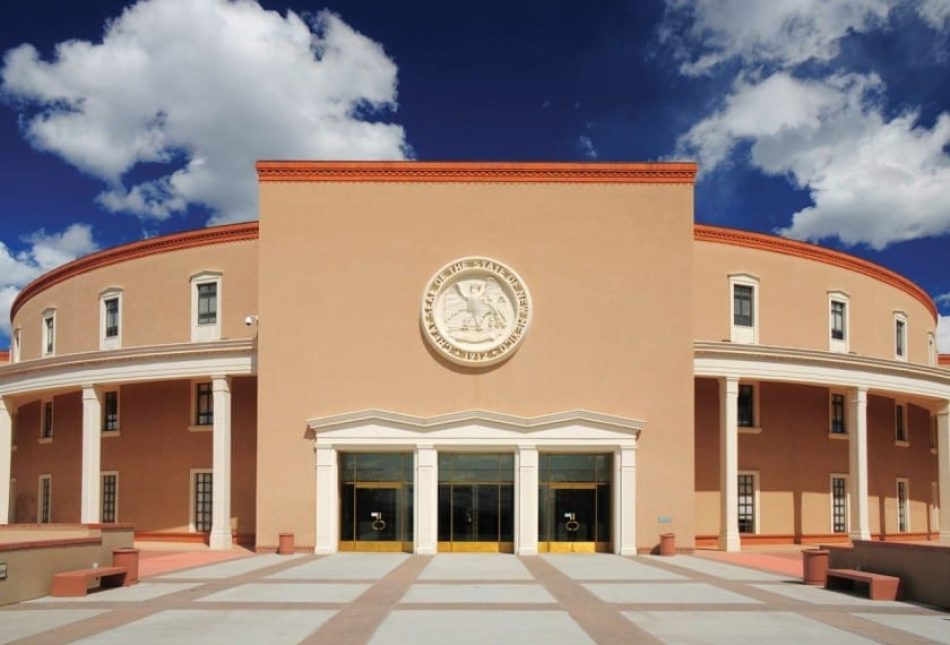What RGF will be working on in the 2020 Session

The 2020 session is “only” 30 days long, but as we saw in 2019, a lot of damage can be done in a relatively short time. Considering the “progressive” makeup of the Legislature, there are issues (like Right to Work and Davis/Bacon reform) that simply will not be put forth, but there are plenty of opportunities for bi-partisan economic reform in 2020. We’ll be working to make them happen while also recognizing that there are plenty of bad ideas that could be adopted in 2020.
Below is a list of some of the top issues that RGF will be working on in 2020. Further data and background is available at the links:
1) GRT Reform: The gist of what may happen is for business to business contractors to have most taxes eliminated. This is especially important for service contractors (everything from bookkeepers to lawyers). Tax rates (which have risen dramatically in recent years) would also be reduced slightly.
2) Pension reform: New Mexico has two public employee pension systems: Education Retirement Board (ERB) and Public Employee Retirement Administration (PERA). Both are tremendously underfunded and in need of reform. Earlier this year Gov. Lujan Grisham named a task force to address PERA’s solvency by eliminating over $6 billion in unfunded liabilities over the next 25 years. The changes are significant and positive steps for PERA, but still leave some systemic challenges—namely actuarial methods and assumptions—unaddressed. We will push for further reform while acknowledging that doing something is better than doing nothing.
3) Calling “free” college into question: There so many issues with this concept including New Mexico’s “inadequate” K-12 system, the relative lack of jobs, and the likelihood of price inflation. This proposal has many problems.
4) Questioning the creation of a new “permanent fund” in New Mexico dedicated to “early childhood” education. Permanent funds are nothing but deferred spending and early childhood education (especially pre-K) is of dubious effectiveness. Pre-K programs are also questionable in their effectiveness.
5) Returning surplus money back to New Mexicans: Colorado (a “blue” state like New Mexico) is an economic juggernaut. The key to Colorado’s success is its Taxpayers Bill of Rights (TABOR) which strictly limits government spending and taxation. Colorado just reduced its income tax due to savings from TABOR while New Mexico is likely to spend its surplus. New Mexico politicians should consider returning a significant portion of the oil and gas surplus to the taxpayers.
6) Occupational licensing reform: SB 385 was a bipartisan effort to address occupational licensing problems for those convicted of certain crimes in New Mexico. It was vetoed by the Governor in 2019 after passing both houses. We will continue to support this and other needed (and broader) reforms to New Mexico’s occupational licensing laws in 2020.
Bills are being pre-filed now. To track how bills are moving in Santa Fe and how your legislators are voting (or how they voted in 2019), check out the Rio Grande Foundation’s Freedom Index.
